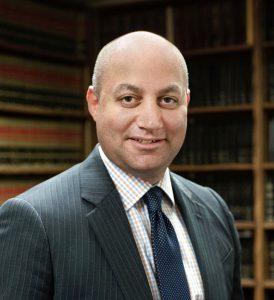Numerous videos have been circulating this week depicting individuals removing hostage posters. However, from the outset, it was evident to viewers that this particular video would be unique.
In common with the others, this video showed someone tearing down posters displaying the names and photographs of more than 200 individuals held captive by Hamas in Gaza. But what set it apart was the response of the man addressing the poster-ripper. Instead of merely urging the individual to desist, he used profanity quite liberally.
Another distinctive aspect was the man confronting the poster-remover’s acknowledgment that he was “not Jewish.” He was heard being addressed in the video as Paulie.
Who is Paulie?
In the video, the man in the brown plaid shirt, sporting a pronounced New York City accent, raised his voice to say, “You don’t have a right to touch that.” He emphasized that it is a free country and people can express their views by waving flags and making statements, but they should not tear down signs.
After a brief confrontation with the person who had removed the posters, he expressed frustration, saying, “You’re littering the city. In a minute, I’m going to litter the floor with you.”
As of Friday evening, the video had garnered over 3 million views on X (formerly known as Twitter), and more on Instagram. Users quickly pinpointed the exchange to a specific street corner in the Queens neighborhood of Forest Hills, known for its substantial Jewish community. Many expressed their desire to show their appreciation to the man, suggesting buying him a beer or sending money through Venmo.
One Instagram user highlighted the significance of this non-Jewish individual’s determination to do the right thing, emphasizing that helping bring the hostages home is an act any decent human being should undertake.
As Shabbat commenced in New York on Friday evening, the identity of the man known as Paulie had not yet been publicly disclosed, but it seemed that it was only a matter of time before it would be revealed. Users on Instagram also discussed the idea of publicly praising and recognizing individuals who take such actions.






